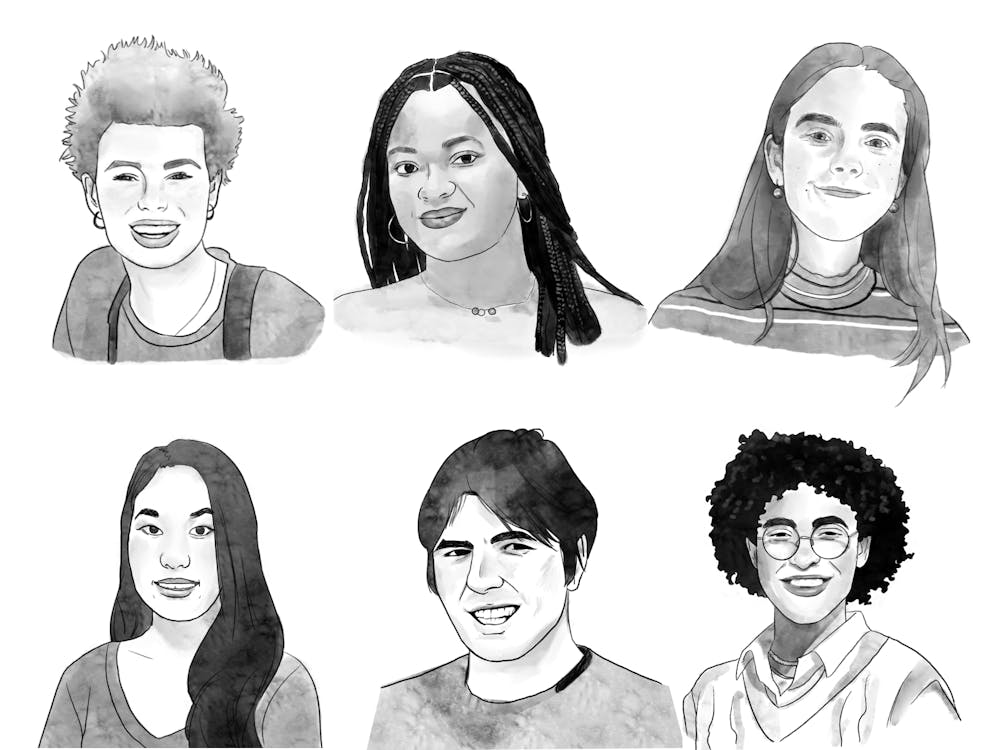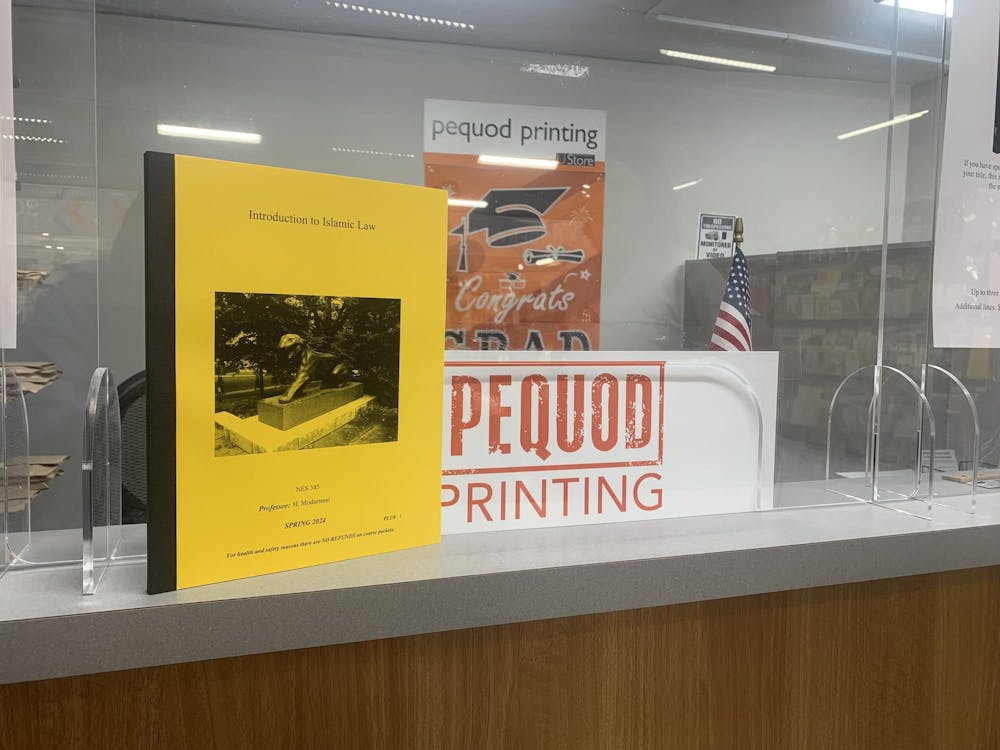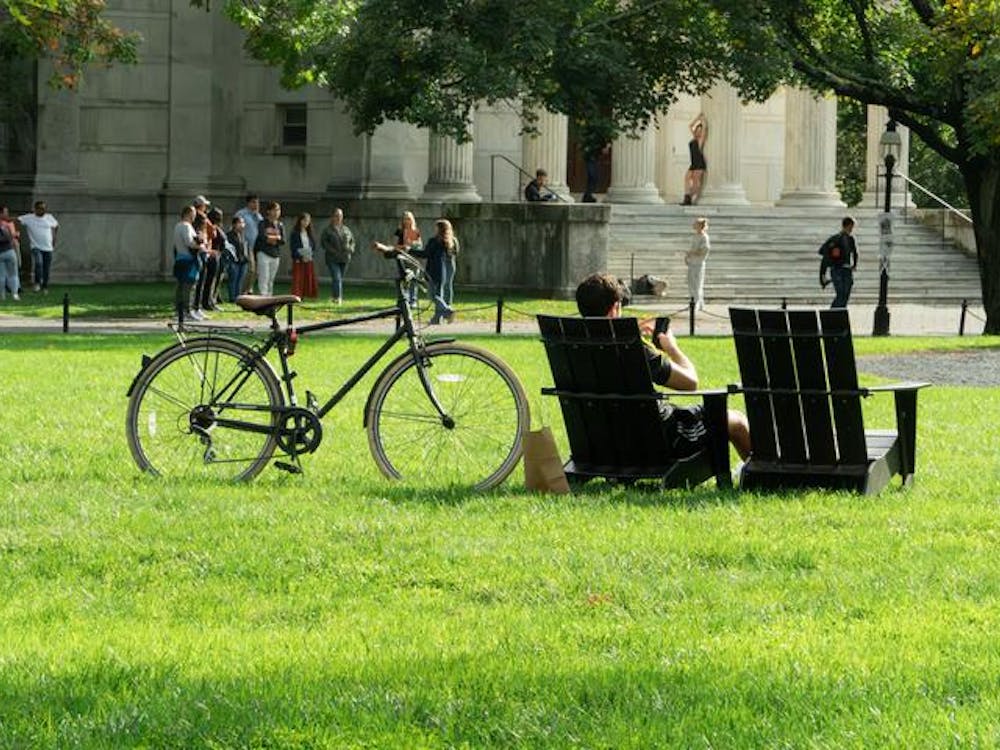As we are well aware, Susan Patton ’77has been very outspoken in her views about women, hooking up and sexual assault. On several occasions, Ms. Patton has blamed victims and described perpetrators as relatively unaccountable for the acts of violence they perpetrate. We acknowledge that Ms. Patton has an opinion vastly different from our own and recognize that Ms. Patton and those who share her views contribute to an environment that tolerates sexual violence and discourages otherwise caring community members from intervening when they notice problematic behavior. Multiple persons, including our faculty, have taken a stand to correct the social norms and to encourage our community to more actively support victims and challenge the harmful sentiments espoused by the Susan Pattons of the world. As Sexual Harassment/Assault Advising, Resources & Education peers, we are grateful for the course correction initiated by the faculty and seek to add to the conversation by giving our campus community the critical tools needed to achieve our universal goal of preventing sexual violence.
While we acknowledge that “risk reduction” techniques that encourage individuals to take action to protect themselves have their place in this discussion, we also recognize that an individual will never be able to completely protect him or herself because it is perpetrators who choose to commit acts of violence. As SHARE peers, we are aware that sexual assault experiences vary greatly. However, a common theme for many victims is the overwhelming feeling that they are to blame for their own victimization. This sentiment stems from being told by family, friends, media and individuals in positions of power in their lives to be careful and not to “drink too much” or “dress too sexy.” When they become victims, they are so burdened by self-blame that they are inhibited from reporting their sexual assaults and/or seeking support and resources. Ultimately, this dangerous socialization allows perpetrators to continue violating others unchecked. As clearly demonstrated by the high numbers of individuals who experience sexual assault, risk reduction techniques and the notion of reminding people to be careful are NOT effective prevention methods.
Instead, we must focus on what research and best practice standards have shown actually prevents problematic behaviors: bystander intervention. It is important to know that there are many ways to intervene that fit any personality and situation. We teach the “3 Ds of Intervention”: direct, delegate and distract. Direct intervention refers to confronting the situation head-on. If, after evaluating the situation, you determine that it may not be in your best interest (e.g., for personal safety reasons or other social pressures) to handle it on your own, you can delegate or find another person who is better positioned to intervene. A distraction interrupts the escalation of the conflict so either the perpetrator or potential victim has their attention diverted, and one party is removed from the situation.
Since language, like victim blaming or sexist statements, can contribute to the perpetuation of violence, we have a responsibility to intervene to prevent the spread of these harmful ideas. When addressing language, direct intervention is often the best approach. A direct intervention can range from explaining to someone why their language is damaging to simply saying, “Hey, that’s not cool.” By directly addressing a person’s language (in a non-shaming way), the person gets an opportunity to reflect upon the power of their words and the impact on others, allowing them to choose their words more cautiously in the future.
When situations are escalating toward violence, however, any one or combination of these techniques can be used. For example, if you are on the Street, and one of your friends or peers seems uncomfortable with another’s behavior toward them on the dance floor, or they have had too much to drink to make a conscious and voluntary decision about how to end their night, you could: (1) directly intervene by telling your friend their dance partner “isn’t into it” or check-in to see if your friend needs help escaping; (2) delegate by asking one of the club’s officers or bouncers to help you intervene; or (3) distract either party by coming up with an excuse or interruption that will remove one of the parties from the situation by requesting to talk to, get a drink with or go to the bathroom with either the perpetrator or potential victim.
If in doubt about how an individual is feeling or their level of intoxication, it never hurts to check-in and ask, even if you don’t know that person. If worst comes to worst, someone is a little rude, and you continue on enjoying your night. The brief discomfort you might experience is a small trade-off for being able to potentially prevent someone’s friend and loved one from experiencing an act of sexual violence, perpetrating an act of sexual violence or experiencing an uncomfortable and unwanted encounter. More often than not, people get thanked for looking out for each other.
At the end of the day, we get to decide what happens on our campus. Will we turn away from the problems, allowing sexual violence to continue, or actively contribute to a campus environment that is intolerant of violence, supportive of victims and holds perpetrators accountable for their behavior?
If you are interested in enhancing your bystander intervention skills or are seeking ways to better support a victim or survivor in your life, please contact the SHARE office at 609-258-3310 or share@princeton.edu.
Signed,
Akshata Shirahatti, Rachel Bronheim, Mallory Banks, Horia Radoi, Augusta Powell, Miryam Amsili, Mary Kate O'Gorman, Serena Sonderegger, Helen Daifotis, April Liang, Anna Niroomand, Emma Glennon, Olivia Lloyd, Moriah Akers, Jackie Cremos, Isabelle Laurenzi, Jennifer Zhao, Kevin McKee, Janine Mascari, Jackie Deitch-Stackhouse, Michele Kelly.
Brandon Holt, president of SHARE, is recused due to his position as a member of the Editorial Board for The Daily Princetonian.
Alex Jafari is recused because he is a news writer for the 'Prince.'

Mallory Banks is a former Street writer for the 'Prince.'








